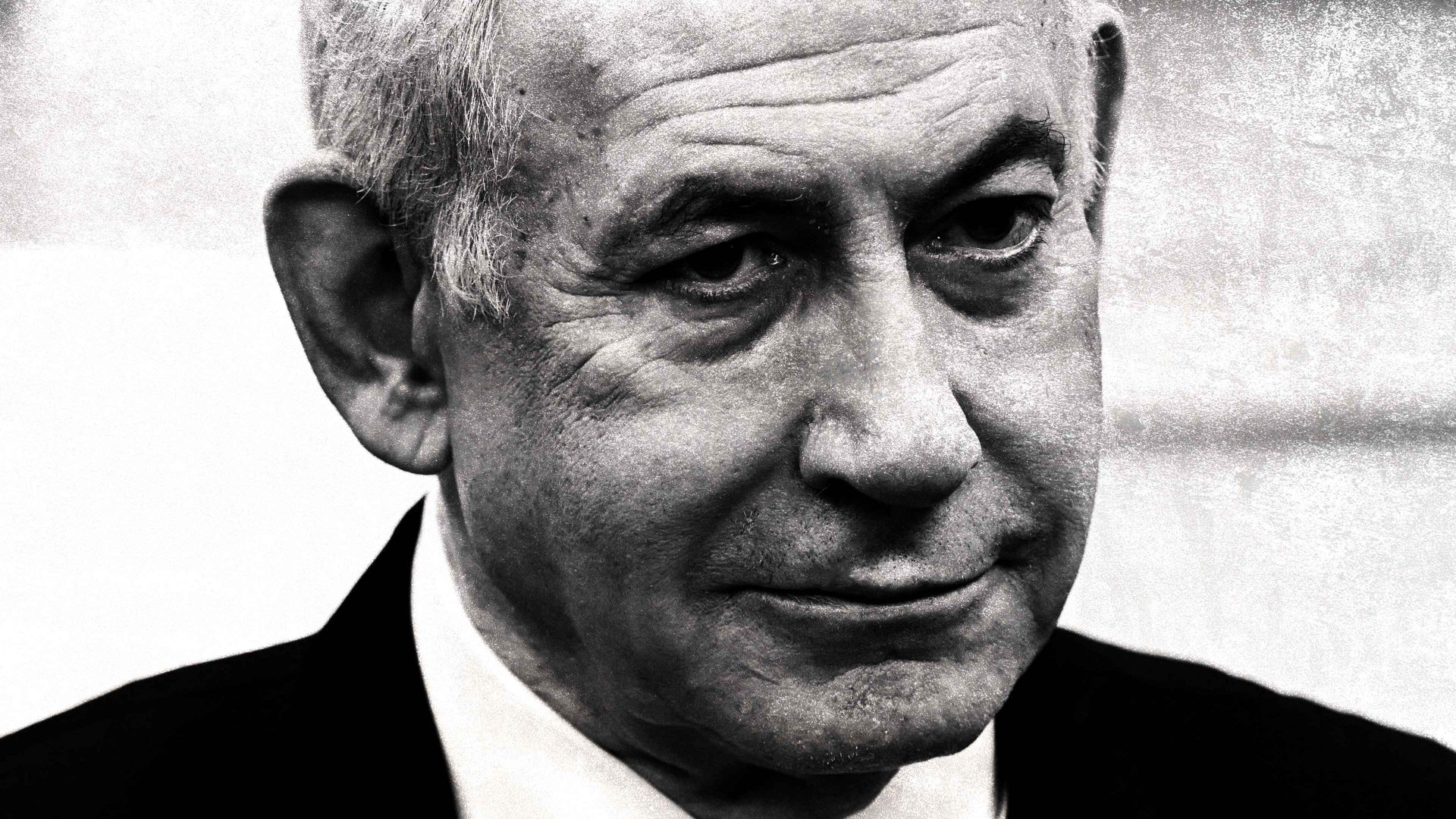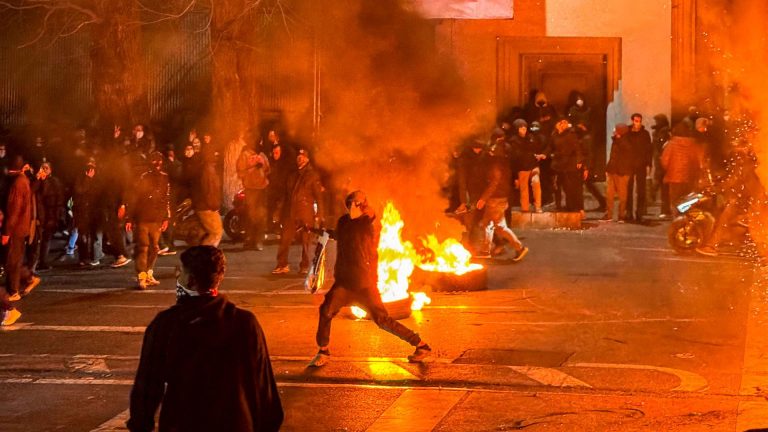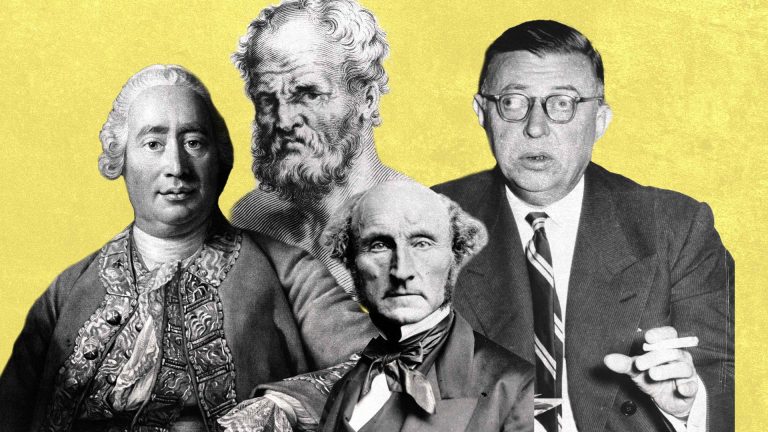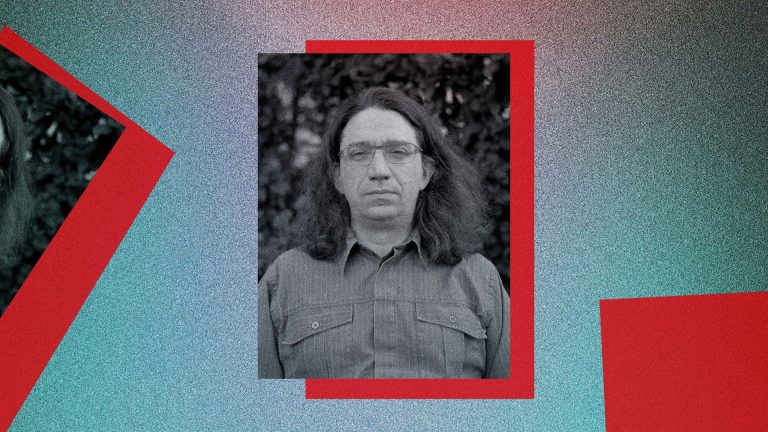A commission of the United Nations has now found that Israel has committed genocide in Gaza. I have been saying this since last summer. It also concluded that Benjamin Netanyahu and members of his government have incited that genocide. If that is correct and Netanyahu is responsible, will he ever face justice?
Recognizing that a state is engaged in genocide is not merely a rhetorical flourish or an expression of outrage. The 1948 United Nations convention on the prevention and punishment of the crime of genocide notes in article I that all signatory states (which include the United Kingdom, the United States, and Israel), “confirm that genocide, whether committed in time of peace or in time of war, is a crime under international law which they undertake to prevent and to punish.”
In other words, genocide, defined in the convention as “acts committed with intent to destroy, in whole or in part, a national, ethnical, racial or religious group, as such,” once it is recognized as such by the international community, must be punished. Without this obligation to punish the perpetrators of genocide, the convention would remain an empty letter and would fail to serve its primary goal of preventing what the man who coined the term and fought for its adoption, the Jewish-Polish lawyer Raphael Lemkin, called “the crime of crimes.”
And yet punishing the perpetrators of genocide is much more difficult than one might think. Unlike, for instance, war crimes, which may be committed by particular military units, genocide is a political and social event. When a state engages in genocide, complicity is widespread, extending not only to those who do the killing but also to a whole range of individuals and organizations. In the case of Israel, for instance, what are we to do with the fact that the very same beleaguered attorney general and Supreme Court, who have been defended by Israeli liberals from governmental attempts to diminish their powers, have never spoken out about the crimes being committed by the IDF in Gaza? Or what about the bar association, the writers’ association, the medical association (in view of the systematic destruction of Gaza’s medical services reported by Physicians for Human Rights – Israel), the majority of academics, the teachers’ association, and so forth, who said nothing while the killing and starvation unfolded on screens around the world?
In many ways, as Lemkin had already observed, while individual murderers can expect to be caught, tried, and punished, countries tend to get away with genocide. It is simply impossible to punish all those who were complicit, even most of those who did the killing (think of the Israeli Air Force pilots who are responsible for the majority of civilian deaths and never really saw those they killed from afar with huge “smart” and “dumb” bombs).
This is one reason why in order to punish states that carry out genocide, one must choose particular representatives, often people who did not get their own hands dirty but who directed and legitimized the crimes in the eyes of their own populations and tried to sell them as something else to the rest of the world, usually arguing that there was no choice, that they faced an existential danger, that their victims were human animals, or vermin, or cockroaches, or even that they did their best to spare the innocent, despite the fact that no one was really uninvolved, but that if any innocents were killed, that was the fault of the enemy, who hid among them, used them as human shields, and exploited their deaths as propaganda meant to besmirch the morality of those who, in fact, killed them.
Suggested Reading
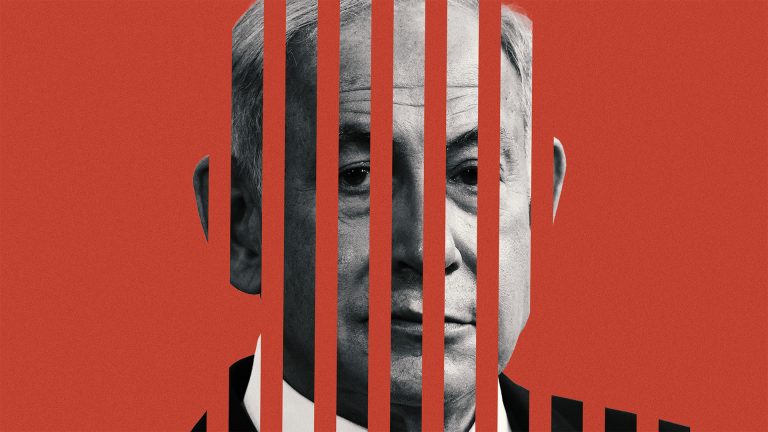

The trial of Benjamin Netanyahu
But while vast numbers of people are complicit in genocide – and in the current case, governments that not only refused to stop the killing when they could, but kept supplying Israel with arms, economic assistance, and a diplomatic iron dome, are also complicit – the head of state must be seen as the primary culprit. We may never bring to account everyone, or even a small representative sample of those responsible, but if the head of state gets away with murder, the rule of international law will be shown to be entirely worthless. This certainly holds in the case of Netanyahu, whose own maniacal desire to escape justice is in many ways the seed and core of his insistence to unleash destruction on Gaza.
It should be recalled that for the last five years Netanyahu has been on trial for alleged severe crimes of corruption. As far as he is concerned, not being in office may energize his otherwise remarkably lethargic judges to end the trial and convict him for crimes that could bring him to jail and certainly bar him from ever holding office again. This was one reason that when he could no longer form a coalition with his usual partners, who got fed up with his lies, he turned to the far right and created the most extreme government in Israel’s history. It was that government that tried in the first 10 months of 2023 to carry out a judicial coup against the Supreme Court to accelerate ethnic cleansing and annexation of at least parts of the West Bank.
And it was the turmoil of Israeli society caused by this attempted coup that served as one of the triggers for Hamas to launch its October 7 attack. Netanyahu’s fear of losing his coalition and facing Israeli justice also motivated him to ignore all the warning signs of an impending attack and to allow the military to protect Jewish hooligans in the West Bank rather than the kibbutzim along the borders of Gaza.
This fear of justice by Netanyahu only intensified after the October 7 attack, a fiasco for which he bears the primary responsibility, both because he ignored the immediate warning signs and because he had spent years treating Hamas as a political asset and supplying it with Qatari money, since as long as Hamas ruled Gaza, Israel could keep up the posture that there was no one to speak with on the Palestinian side and thus that the occupation could and had to be managed rather than brought to an end through negotiations.
What was urgently needed after October 7 was a state commission of inquiry to determine how such a tremendous blunder by the government, the security agencies and the IDF could have happened. But Netanyahu, fearing that his head would roll, has adamantly opposed this, saying that such matters should only be dealt with after the war ends. And, of course, this is one of the reasons he has no interest in ending the war – even as this has not been a war since the summer of 2024, but which needs to be called that lest it be recognized for what it is, namely a campaign of demolition and annihilation – whatever the price not only for Palestinians but also in Israeli blood and treasure.
Now that ever more people around the world, scholars of genocide and international lawyers, and a variety of NGOs and other organizations, including, importantly, the Israeli human rights organization B’Tselem, have stated that Israel is indeed engaged in a genocidal operation, Netanyahu is in danger of not only facing Israeli justice, which he has evaded for so long, but also international justice. Already under indictment for war crimes and crimes against humanity by the International Criminal Court, he may well also face indictment for genocide, if the Internation Court of Justice adjudicates Israel’s assault on Gaza, or some parts of that operation, to be genocide.
Suggested Reading
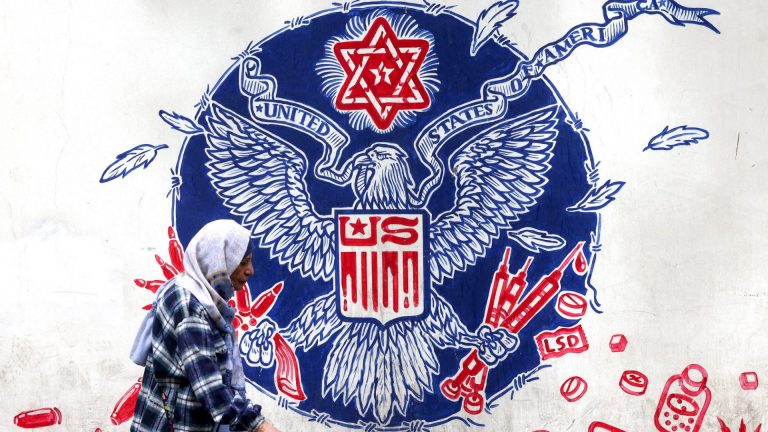
Netanyahu’s high-stakes gamble
How would that happen? How can a head of state be brought to justice for having led his people to destroy another group? In principle, international courts assert their judicial authority only when states are unable or unwilling to bring their own nationals to justice. In the case of Israel, which is, and can be predicted to remain, in deep denial of the criminal nature of its actions in Gaza, for the time being we can hardly expect Netanyahu to be tried for genocide there. Hence the steps already taken by the ICC, and what one would hope to be another indictment for the even worse crimes of genocide in the future.
But can that ever happen? Much of what Netanyahu is engaged in at the moment, is a desperate effort to stay in power while continuing the war. Meanwhile, efforts are underway by his government to complete the judicial coup in a manner that may well deprive the judiciary of control over the next elections and deprive Palestinian citizens of Israel, who comprise 20% of the population, from the right to vote under the slogan of blocking non-Zionist (i.e. Arab) parties from the Knesset. Hence it is possible that despite his multiple failures of both the October 7 fiasco and the current forever war, that has accomplished neither the defeat of Hamas nor the release of the hostages, Netanyahu will remain in power for yet another term. As long as he is in power and does not travel to countries obliged to arrest him (although some, such as Hungary, thumb their noses at this obligation), he is unlikely to face justice.
And yet, as several political leaders and army generals have discovered in the past (see Slobodan Milošević and Radovan Karadžić), justice may eventually catch up with Netanyahu too, as it surely should. When he is finally out of office, which will happen sooner or later, he may have to face justice in Israel for a list of crimes that will have only increased by then. Possibly, as happened in Serbia, it may be more convenient to hand him over to the ICC, where he will face charges of using famine as an instrument of war, murder, extermination, and genocide.
This will be a tragic moment for the state of Israel, created in the wake of the Holocaust and as an answer to the long-term persecution of Jews as a minority. But it will also be a moment of triumph for the rule of law. Netanyahu may end up being the very first leader of a state allied with European powers and the United States, those states that always claimed to be the protectors of international law and human rights, found guilty of the crime of crimes, perpetrated with the connivance of those very same states. If anything can still save the regime of international law put into place after the defeat of Nazism from mockery and irrelevance, this might be the moment.
This can also be a moment of triumph for the state of Israel, for Palestinians, and for launching a process of truth and reconciliation between these two peoples. Peace cannot come without recognition of wrongs and retribution for the guilty. But it cannot be rooted in vengeance. By sacrificing Netanyahu, the worst leader Israel has ever had and the wrecker of Zionism, Israel may be able to look to a new future alongside and in cooperation with a Palestinian state by its side.
Omer Bartov is Dean’s professor of holocaust and genocide studies at Brown University

